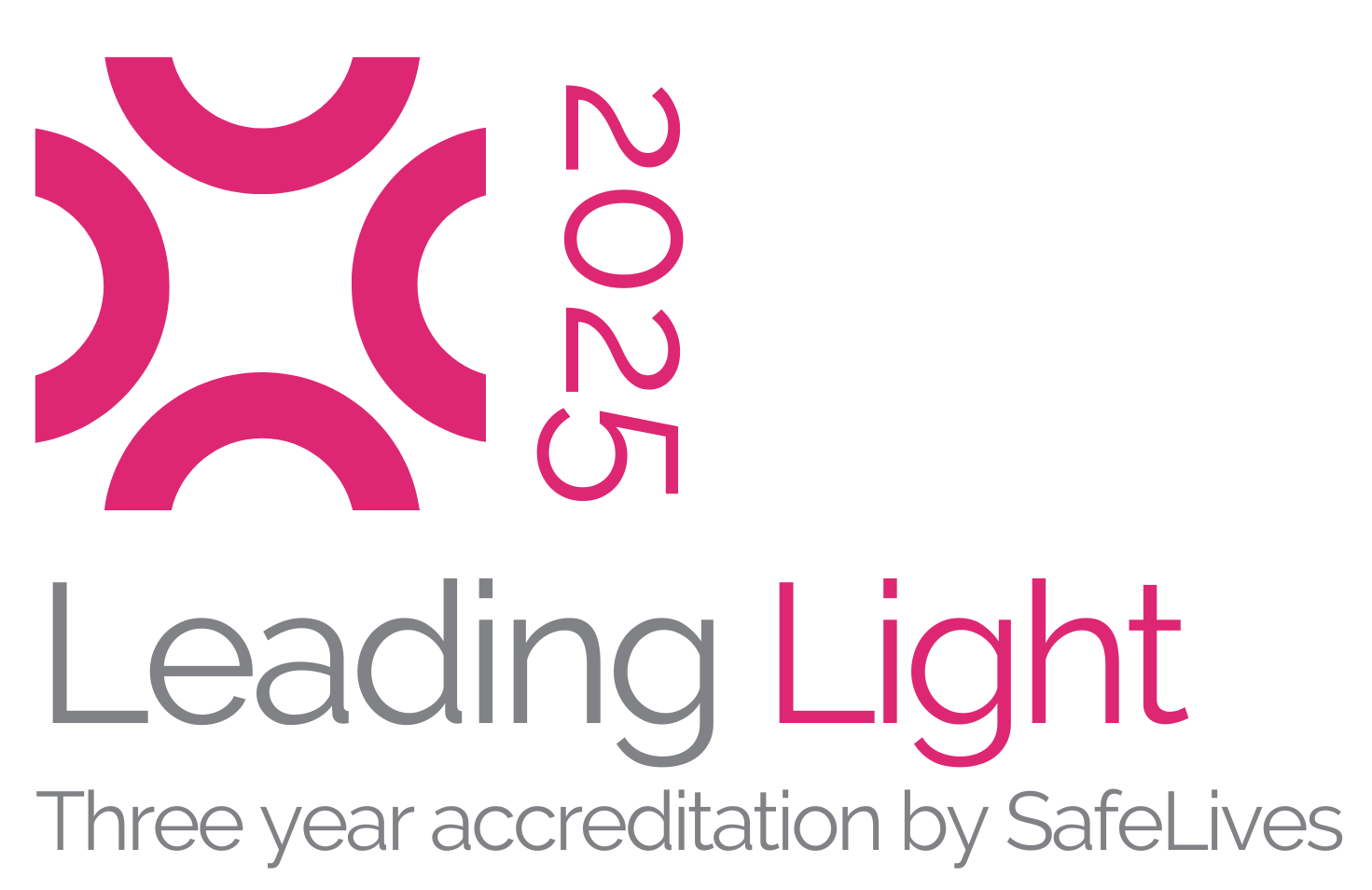Your safety is the top priority, so before reading this page, please consider your situation when deciding what action to take. Some actions might be safer later on, when you’re no longer in immediate danger or have left a risky situation.
The information below might not fully cover your tracks online. Different web browsers can show sites you’ve recently visited, and software such as spyware programs that can secretly monitor your actions.
The best way to cover your tracks and look up information safely is to use a local library, a friend’s home, or your workplace.
How can abusers track your activities?
Visiting a website leaves a record of that visit on your device, including:
Cookies: small pieces of information which help the website remember you
Internet history: a record of the visit to the site, usually stored in a section of your browser labelled “internet history.”
Website data: this help the site load faster each time you visit
Any passwords and usernames you save
If someone has access to your phone, computer or device then they might be able to use this information to see whether you’ve accessed Safe in Salford. However, don’t panic or let this put you off – you can delete or obscure this information through private browising (sometimes called incognito mode), or deleting your browsing history.
Exiting Safe in Salford quickly
Safe in Salford has a “Safety Exit” button at the bottom right of the screen on every page. If you need to leave quickly, just click this button, and it will open a new tab which takes you to Amazon, meaning that you can’t simply use the back button to get back to Safe in Salford. The original tab will load up a recipes webpage.
Keep in mind that even if you leave the page, someone could use the back button on the original tab or check your browser history to see what you were looking at. It’s a good idea to cover your tracks by closing the original tab when you’re able, delete your internet history, and close the browser window after you leave.
Worried about your relationship? Get in touch using the form below, or find out how we can help you.
Contact us
Talking to someone about how you feel can be the first step to getting the right support. If you live or work in Salford please get in touch.
Frequently Asked Questions
Unfortunately, we are not an emergency service and are not available 24/7.
Always ring Greater Manchester Police on 999 if you’re in need of urgent help or are in danger.
Safe in Salford’s helpline & services are open Monday to Friday, 9am to 5pm.
You can use the contact form below at any time and we will respond to you during opening hours.
Yes, all correspondence, in-person or over email or phone, is treated as completely confidential.
We will only break confidentiality if we believe yourself and/or a child is at risk or in danger.
Yes, when contacting us, please tell us whether you would prefer to discuss your situtation face-to-face, and we will facilitate this for you.
Yes, simply fill out the contact form below, send an email to info@safeinsalford.org.uk or ring us on 0161 793 3232
Unfortunately, we can only support people who are living in Salford.
You can get help from local services, press the button below to access Women’s Aid’s Local Service finder
Yes, Safe in Salford offers support for children and young people affected by domestic abuse in their families helping them in forming positive, healthy relationships.
Support can also be offered to young people displaying harmful behaviour in their own relationships.
Supporting someone experiencing domestic abuse can be difficult and complicated, please click the button below to read our advice on supporting someone.
Yes, Safe in Salford also provides confidential, non-judgemental Perpetrator Support for those who recognise their abusive behaviour as a problem and want to work on developing healthy relationships.
Yes, Safe in Salford is compeltely LGBTQ+/trans inclusive, and we will treat you and your identity with the utmost respect.
The “Get Help Now” section of our website contains information and resources for learning more about domestic abuse, please click the button below view it.
Leaving an abusive relationship can be very risky, our support workers can advise you on how to approach this. You can also refer to Women’s Aid’s article on this by clicking the button below.



